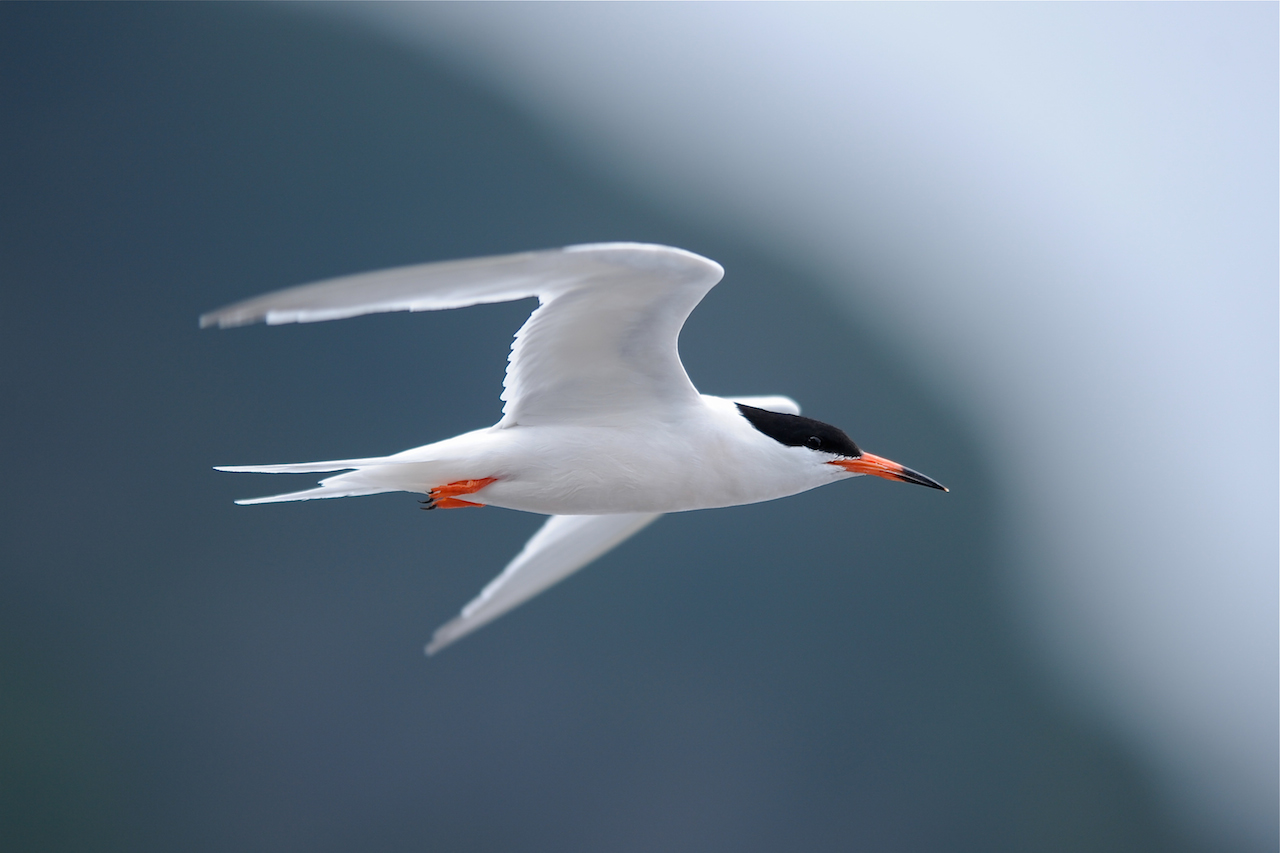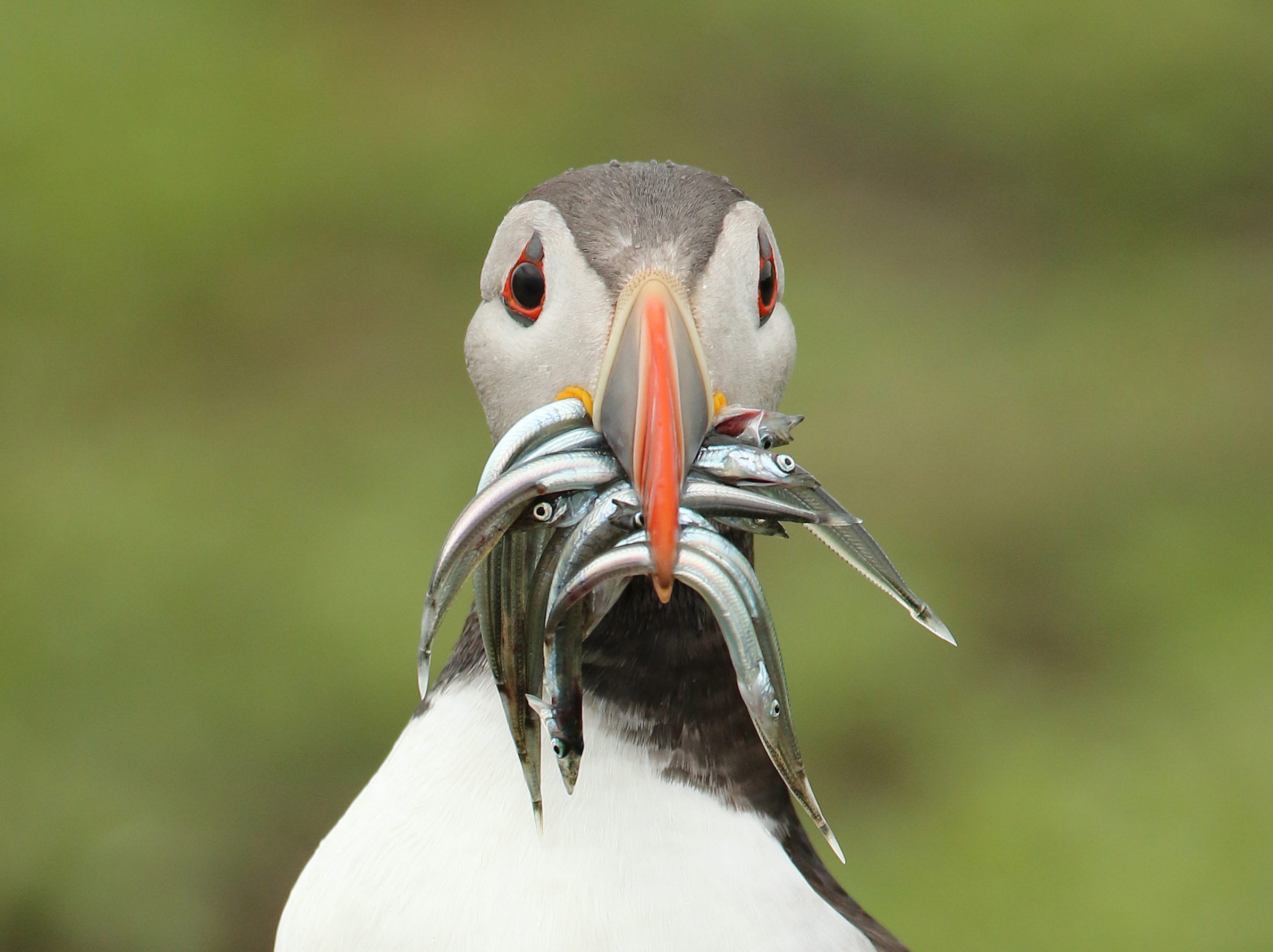International protection for UK's second-largest seabird colony
A huge new Special Protection Area (SPA) has been designated off the Northumberland coast, giving 200,000 seabirds greater security.
Covering an area of more than 120,000 football pitches, the newly designated Northumberland Marine SPA stretches 12 miles from the coast into the North Sea. It covers an area which has been identified as the most important in the UK for Roseate, Arctic and Common Terns, the second-most important for Sandwich Tern and third-most important for Puffin. International designation will help to ensure that disturbance to the birds’ essential open-water feeding area is minimised.
It builds on the protection already afforded to important breeding sites via the network of SPAs at Coquet Island, Farne Islands, Lindisfarne and Northumbria Coast. This latest development will help to protect the full range of habitats needed by each species.

Northumberland is home to the vast majority of Britain's breeding Roseate Terns (Marc Fasol).
Along with the new Northumberland Marine SPA, Natural England also announced extensions to Hamford Water SPA in Essex and Morecambe Bay and Duddon Estuary SPA in Cumbria.
These designations add an area totalling more than 450 square miles to the existing Marine Protected Area network, giving international protection to feeding habitats for in excess of 425,000 seabirds for the first time.

Puffin is set to benefit from the newly designated SPAs (Jon Mercer).
Environment Minister Thérèse Coffey said: “We already have one of the strongest track records in the world when it comes to looking after our precious marine environment, and today’s designations will strengthen our ‘blue belt’ of protected areas while helping seabirds across the country thrive.”
Andrew Sells, Natural England’s Chairman, added: “This is a momentous day for a huge number of our best-loved and most charismatic seabirds, many of which have suffered population declines over recent decades.
“These designations will protect vital feeding areas for seabirds along the English coast, creating safe havens to help the birds thrive for generations to come.”
Chris Corrigan, Director of RSPB England, commented: “As the UK moves closer to leaving the EU, we urge the government to continue to recognise the significance of protecting these sites, based on scientific evidence, and to continue to protect and manage these sites to the same or even higher standards than those currently secured by European law, for generations to come.”

